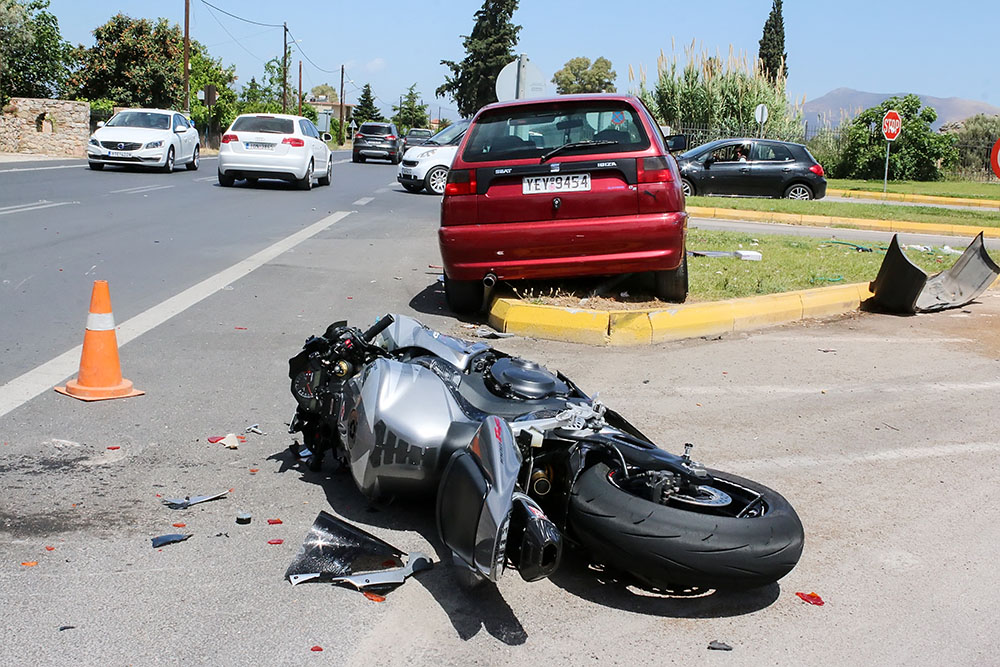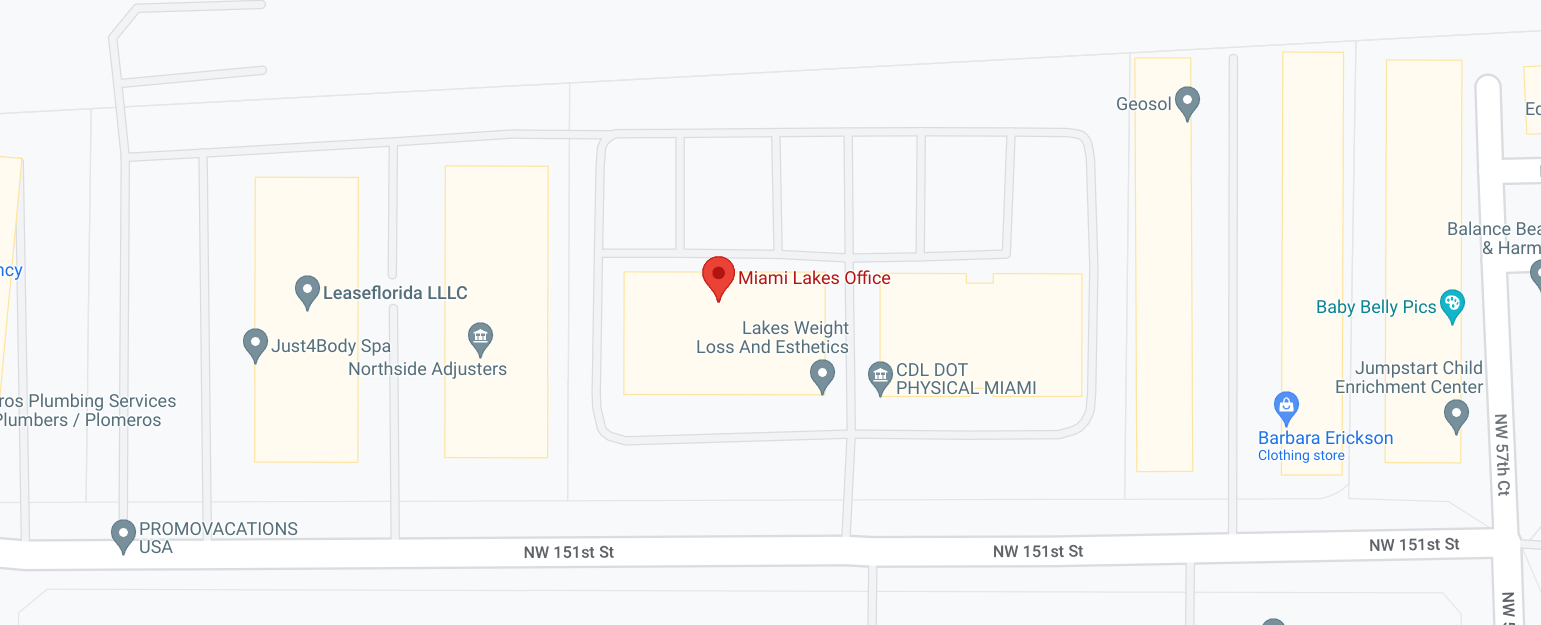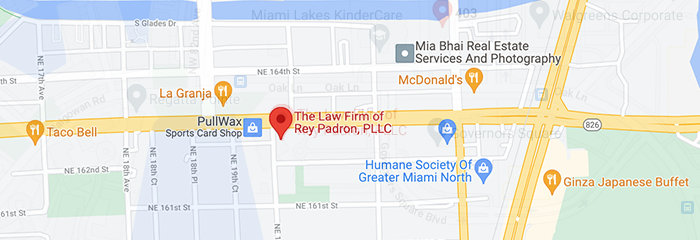Dealing with the aftermath of a car accident is never easy. Whether or not you suffer from physical injuries, it can be overwhelming as you have plenty of things to process. In addition, car accident laws vary from one state or city to another. Knowing what steps to take is crucial for your protection when you are involved in a car accident in Miami.
This guide provides clear, actionable tips on what you should do, regardless of whether you or another person is at fault and the circumstances of the car accident.
Car Accident Laws in Miami, Florida
Florida is among the dozens of no-fault car insurance states. This means that car drivers have to rely on their personal injury protection insurance coverage to pay for their medical bills before they can seek compensation for any medical bills or damage incurred in a car accident. Therefore, all Miami and Florida drivers must obtain insurance coverage for their protection, regardless of who is at fault during the crash. There is a certain threshold that the at-fault driver has to meet before you can file a lawsuit or insurance claim.
Let’s assume that the circumstances and injuries of your car accident allowed you to file a lawsuit or insurance claim against the other driver. It’s still essential to learn the statute of limitations determining the time frame within which you can file a lawsuit. In most cases, you have two years from the crash to file a lawsuit and enter your case into the Florida court system. This amendment was passed in March 2023, which means the law applies to any car accidents in Miami or Florida after this date.
There are exceptions to the two-year rule on the statute of limitations for car accidents in Miami, which applies to the following:
- The victim was “incapacitated” by the car accident (although you can only extend the filing up to seven years).
- If the at-fault driver left the state before the lawsuit was filed.
- If the at-fault driver intentionally concealed themselves within the state to prevent identification or apprehension.
If you are partially or fully at fault, Florida has a “modified comparative fault” rule, wherein both parties share the blame for the car accident. These cases rarely go to trial, but when they do, the jury will factor in two things: 1) the total amount of the plaintiff’s damages and 2) the percentage of fault for each driver.

What to Do in the Aftermath of a Car Accident
Taking swift action after a car accident can save you from headaches later on. However, taking the correct steps is more important.
Step 1: Prioritize Safety
While you might be in shock following a car accident, it is crucial to remain calm and clear-headed. If possible, step away from your vehicle.
Call 911 (if you can) and alert them to the incident. While waiting for the emergency services to arrive, check for injuries to your body and other passengers. Assessing any injuries and physical condition is crucial because you do not want to aggravate existing injuries. A physical assessment is also crucial so you can communicate to the medical personnel what, if any, type of pain you or the other passengers are feeling.
If you can move away from your vehicle, you must do so. Staying within the path of the traffic flow puts you at a higher risk of suffering more injuries. Move to the side of the road or an emergency lane until law enforcement can secure the crash site.
Even if you don’t feel pain or discomfort, it is vital to seek medical attention. Most crash victims don’t feel pain because of the adrenaline rush following the incident. However, only medical professionals can assess the extent of your injuries with their expert assessment. A minor injury could be more serious, even if
not immediately apparent. Some injuries have delayed symptoms, such as whiplash or internal bleeding. A thorough medical evaluation will be helpful, in case you need to file a lawsuit or insurance claim.
Step 2: Call the police.
Aside from the emergency services, you should also inform the police about the car accident.
An official police report will be helpful for insurance claims or when you need to take any legal action against the other driver. The responding law enforcement officers will gather evidence and document the accident.
You should report a car accident in Miami if any persons involved are injured or killed. Contacting the police is also helpful if damage to property costs $500 or more.
Failure to report a car accident in Florida is a non-criminal offense. It could result in a fine (no jail time).
Step 3: Call your attorney.
You must notify your attorney in Miami if you are involved in a car accident. Lawyers are pivotal in this case, especially if you want to file a lawsuit since Florida is a no-fault state.
A car accident attorney in Miami can inform you of your rights and guide you through what steps to take or what evidence to document on-site. If you only sustain minor injuries, the attorney can advise you to collect information from potential eyewitnesses so they can support your case.
Get as many names and numbers as you can. The more witnesses you can get, the better, as it will support the police report.

Step 4: Don’t say sorry.
According to the Florida rules of evidence, making any comments or saying sorry can be admissible in court. The hearsay rule is an exception. However, apologizing can be evaluated as an admission of guilt.
Even if you are worried about the state of the other drivers or passengers, you should never say sorry.
Step 5: Cooperate with the investigation.
You can exchange names and contact information with the other driver and the police. However, you must surrender yourself when you are being questioned about the accident or when you are required to undergo a medical evaluation.
Be truthful in answering their questions. It helps to remain truthful as they will include that in their police report, and it must coincide with future statements made to the police. However, you have the right to ask for your attorney’s presence if you are uncomfortable with or unable to discuss the details of the incident due to the severity of your injuries.












